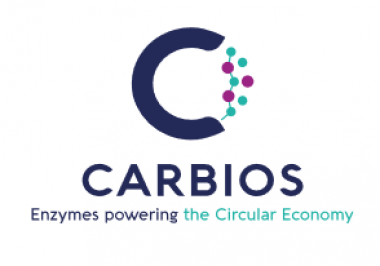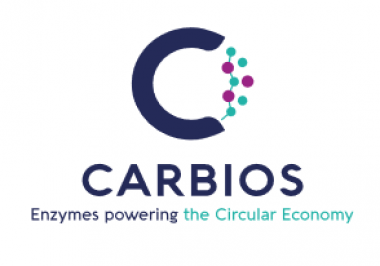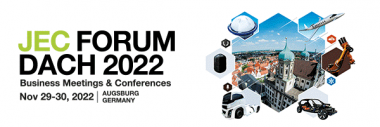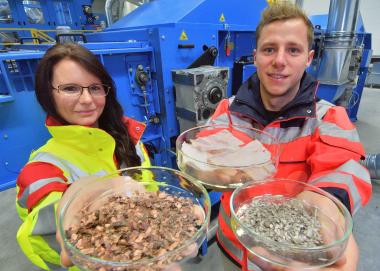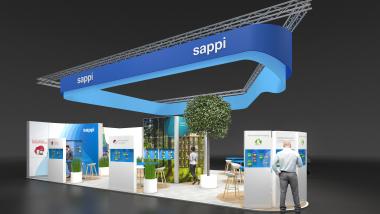EURATEX & ATP Convention successfully concluded in Porto
- European textile industry needs to prepare for a paradigm shift, and become global leader in sustainable textiles
Organised by EURATEX in partnership with the Portuguese Textile Association (ATP), the Porto Convention – Sustainability meets Competitiveness: How to Square the Circle? – took place on 13-14 October in Porto, Portugal, with nearly 250 entrepreneurs attending from all over Europe. They discussed the current challenges of the European textile industry and set the grounds for a bright future, based on some strong foundations: innovation, creativity, quality and sustainability.
In his keynote speech, Mr. Pedro Siza Vieira, Former Minister for the Economy and Digital Transition of Portugal, assessed the geopolitical and macroeconomics changes, and how this will impact on the future of the textile industry: nearshoring and friend-shoring, independence from foreign gas through the use of European sustainable energy, as well as circular and automated production lines. While the current turbulence causes uncertainty, he sees a better future for our industry.
The first CEO Panel, addressing the theme of How to Measure and Communicate about Sustainability, focused on the challenges to translate “sustainability” towards the consumers. The panel addressed the issue of greenwashing and the role of brands in communicating about sustainability. It looked at how the new European Commission regulations on eco-label, digital product passport (DPP) and product environmental footprint (PEF) will create a new framework.
The second CEO Panel, discussing Financing Sustainability, looked at the cost of sustainable investments, and how this cost should be managed within the entire supply chain, including the brands and retailers.
Four workshops with industry experts followed in the afternoon, addressing the themes of Extended Producer Responsibility (EPR) in Textiles, Digital Product Passport (DPP), Recycling Textile Waste and Labelling Textiles (Product Environmental Footprint). As these initiatives will roll out in the coming years – as part of the EU Textile Strategy – participants got a better understanding of the future framework for our industry.
Dirk Vantyghem, Director General of EURATEX, commented on this: “to prepare for a brighter future requires a new regulatory framework, where quality and durability become the norm, where transparency and sustainability is rewarded, where free riders – who do not comply with rules and standards – are kept outside the market. The EU Textile Strategy aims at creating such a framework, which must be fair and balanced, and requires a close and constant dialogue between the regulator and the industry.”
During the 2nd day of the convention, participants had the opportunity to visit state of the art textile companies (Têxteis J.F. Almeida, RIOPELE, and TMG Automotive) and the Portuguese textile research centre CITEVE. They showcased how the Portuguese textile industry is making this transition, while remaining globally competitive.
Alberto Paccanelli, President of EURATEX, concluded: “We need to attract creative people in our companies, we need to produce top class quality products, and we need to become more sustainable. That is the recipe for our success in a globalised and highly competitive industry.” Paccanelli is positive about the future: “While we face very tough times, I am optimistic about the future of our European textile industry. The rest of the world is watching us, as we move forward with our strategy. We should become their benchmark and Europe should become a global leader in sustainable textiles.”
Euratex













